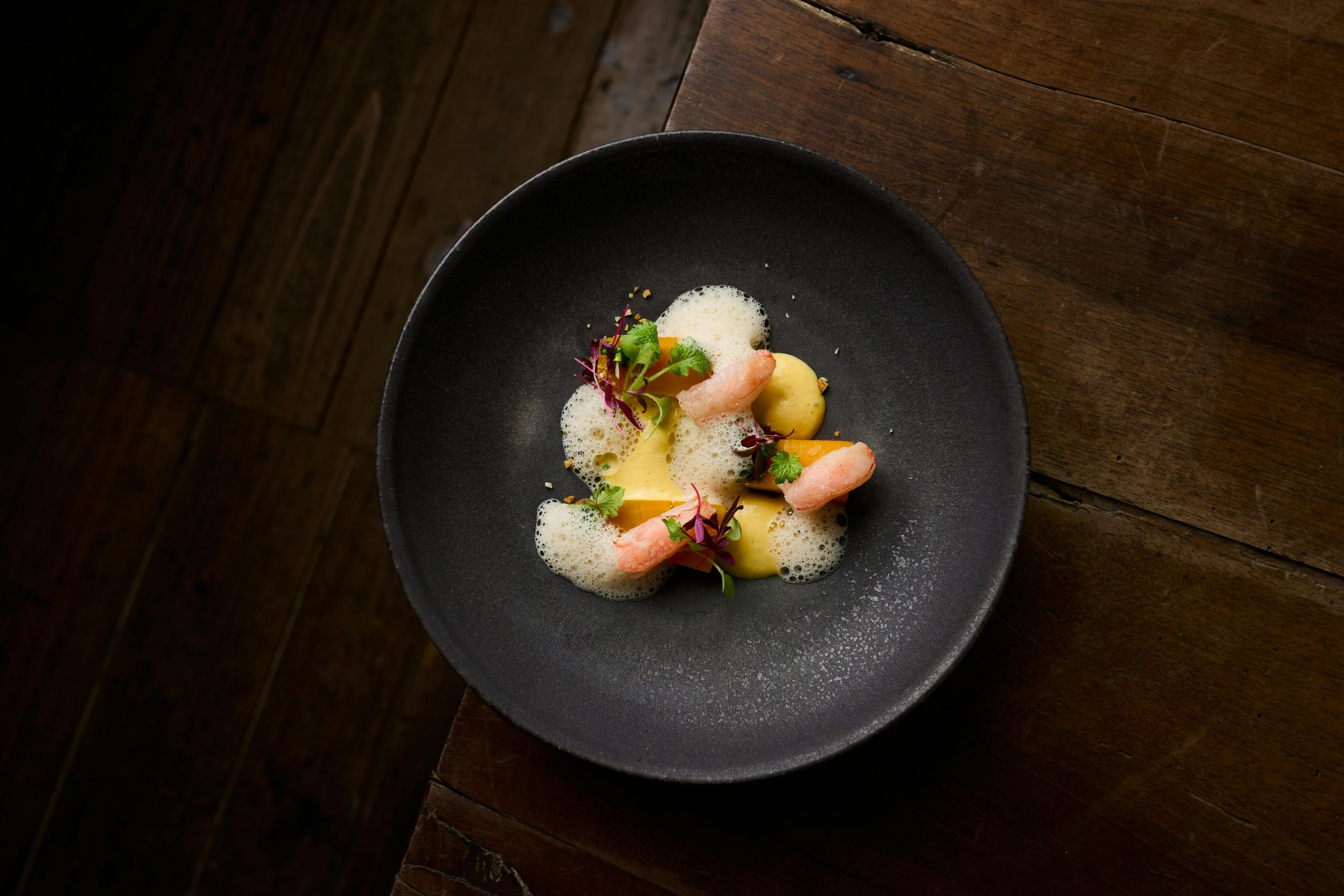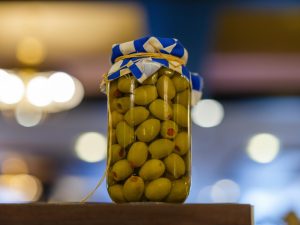Marination and Brining: The Art of Flavor Enhancement
When it comes to cooking, one of the most important aspects is enhancing the flavor of the dish. In order to achieve that, there are many techniques that can be used, such as marination and brining. These two techniques, although often overlooked, are actually the key to unlocking a whole new level of flavor in your dishes. In this article, we will dive into the world of marination and brining, and explore how they can greatly enhance the taste of your food.
The Basics of Marination
Marination is a process of soaking food in a flavored liquid, known as a marinade, before cooking. Marinades are typically made with a combination of oil, acid, and various herbs and spices. The main purpose of marination is to add flavor and tenderize the meat.
The Science Behind Marination
Marinades usually contain acidic ingredients such as lemon juice, vinegar, or yogurt. These acids help break down the proteins in the meat, making it more tender. They also help to infuse the meat with the flavors of the marinade, enhancing its taste.
Aside from the acid, marinades also contain oil, which helps to keep the meat moist during cooking. The oil also helps to prevent the meat from sticking to the cooking surface. Moreover, the oil acts as a carrier for the flavor, allowing it to penetrate the meat more effectively.
Tips for Marination
When marinating, it’s important to use a non-reactive container such as glass, ceramic, or plastic. Metal containers can react with the acid in the marinade, causing a metallic taste in the food. It’s also important to marinate the meat in the refrigerator, as it prevents the growth of harmful bacteria.
Another important tip is to not over-marinate the meat. Over-marinating can have the opposite effect, making the meat tough and dry. The recommended marination time varies depending on the type of meat and the marinade used, but in general, it should not exceed 24 hours.
The Art of Brining
Brining is a technique of soaking food in a solution of salt and water, known as a brine. Similar to marination, the main purpose of brining is to add flavor and moisture to the food. However, unlike marination, brining is mainly used for large cuts of meat, such as whole chicken, turkey, or pork roast.
The Science Behind Brining
When the meat is soaked in a brine solution, it absorbs the liquid through a process called osmosis. The salt in the brine solution breaks down the muscle fibers, allowing the meat to retain more moisture during cooking. This results in a juicier and more flavorful end product.
In addition to improving the taste and texture of the meat, brining also helps to season the meat from the inside out. Since the brine solution contains salt and other seasonings, they are able to penetrate deep into the meat, enhancing its flavor.
Tips for Brining
Like marination, it’s important to brine in a non-reactive container and to keep the meat refrigerated while brining. The recommended brining time depends on the size and type of the meat, but generally, it should not exceed 24 hours. After brining, it’s important to rinse the meat thoroughly before cooking to remove the excess salt from the surface.
Combining Techniques for Maximum Flavor
Although both marination and brining can greatly enhance the flavor of your dishes on their own, when combined, they can take your cooking to a whole new level. You can marinate your meat first and then brine it, or vice versa, for an even more flavorful and moist result.
Aside from meat, marination and brining can also be used for vegetables, tofu, and even fruits to add flavor and enhance their texture. The possibilities are endless, and by experimenting with different marinades and brine solutions, you can elevate your cooking game.
Conclusion
In the art of cooking, marination and brining are techniques that should not be overlooked. They not only enhance the flavor of the food but also help to improve its texture and moisture. By understanding the science behind these techniques and following some simple tips, you can easily master the art of flavor enhancement and take your dishes to the next level.









